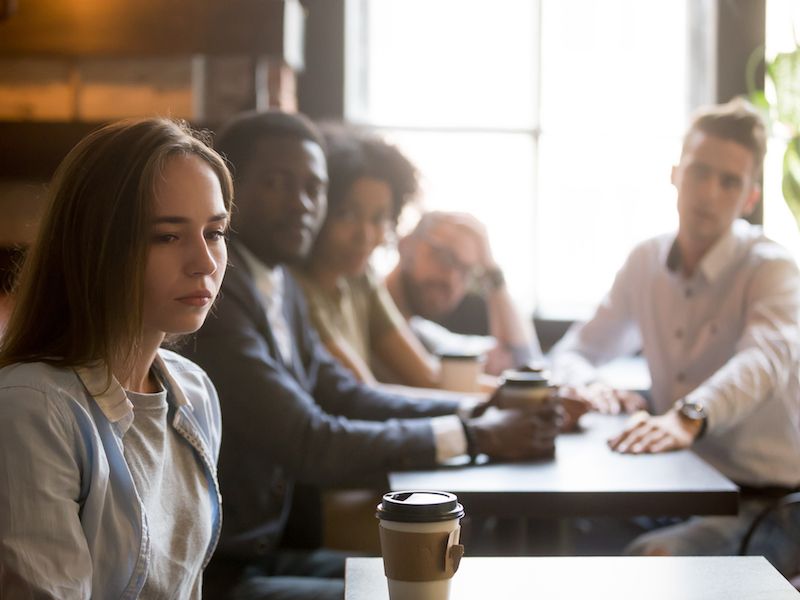
In spite of popular belief, hearing loss is not just a problem for older people. In general hearing loss is becoming more prominent despite the fact that age is still a strong factor. Hearing loss stays at around 14-16% amongst adults 20 to 69 years old. World wide, more than 1 billion people between the ages of 12-35 are at risk of getting hearing loss, as reported by the united nations and The World Health Organization. In children between 6 and 19, about 15% already have loss of hearing as reported by the CDC, and the number seems to be closer to 17% according to current research. Other reports state that hearing loss is up 30% in teenagers over just 10 years ago. Johns Hopkins performed a study predicting that by 2060 over 73 million people 65 or older will have hearing loss. That’s an astounding increase over current numbers.
What’s Causing Us to Develop Hearing Loss at a Younger Age?
We often consider hearing loss as a result of aging because it would progress slowly over years unless you spent extended time periods in a loud setting. That’s why you aren’t surprised when your grandfather wears a hearing aid. But at a younger and younger age, our hearing is being effected by changes of ways of life.
Technology, and smartphones, in particular, can have a significant impact on our hearing. Whether it’s chatting with friends, listening to tunes, or watching movies, we are doing all the things we enjoy doing and wearing earbuds for all of it. Most people have no idea what is a damaging sound level or how long it takes to do damage and that’s an issue. Instead of doing our best to protect our ears, we often even use earbuds to drown out loud noise, purposely exposing our ears to hazardous sound levels.
Gradually, a whole generation of young people are harming their ears. In terms of loss of productivity, that’s a huge problem and one that will cost billions of dollars in treatment.
Do we Really Understand Hearing Loss?
Even young kids are usually sensible enough to avoid extremely loud noises. But the nature of hearing damage isn’t widely understood. It’s not commonly recognized that over longer time periods, even moderate sound levels can harm hearing.
Needless to say, the majority of people around the world, especially young people, aren’t really thinking about the hazards of hearing loss because they associate it with aging.
However, the WHO says irreversible ear damage could be happening to those in this 12-35 age group.
Options And Suggestions
The issue is especially widespread because so many of us are using smart devices on a regular basis. That’s why providing additional information to mobile device users has been a recommended solution by some hearing professionals:
- Extreme-volume warnings.
- It’s how long a sound persists, not just how loud it is (warnings when you listen at a particular decibel for too long).
- Modifications of volume for hearing health can be made by parents by using built in parental control settings.
And that’s just the start. Paying more attention to the health of our ears, plenty of technological solutions exist.
Turn The Volume Down
The most significant way to minimize injury to your ears is to reduce the volume at which you listen to your mobile device. Whether your 15, 35, or 70, that holds true.
After all, smartphones aren’t going anywhere. Everyone uses them all the time, not just kids. So we have to deal with the fact that loss of hearing is no longer associated with aging, it’s associated with technology.
Which means we’re going to need to change the way we talk about, prevent, and deal with hearing loss.
Also, decibel levels in your environment can be measured by app’s that you can download. 2 steps to protect your hearing. Ear protection is one way but also making certain you’re not doing things such as trying to drown out noises with even louder noises. If you drive with the window down, for example, the noise from the wind and traffic could already be at a harmful level so don’t turn up the radio to drown it out. Make an appointment with a hearing care professional if you have any questions.
